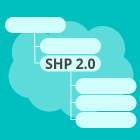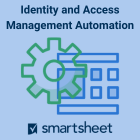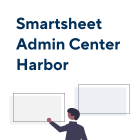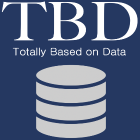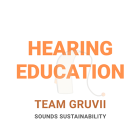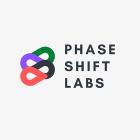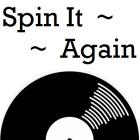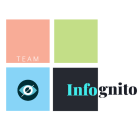
Security Review Process for Microsoft’s Mixed Reality team
Microsoft’s Mixed Reality team needs to integrate a document management system (DMS) into their organization for managing policy documents. Due to the sensitive nature of the team, the DMS must meet functional needs and baseline security requirements. Team Infognito developed a security review process and evaluated the security posture of multiple platforms. We recommended ServiceNow GRC based on our evaluation. The process provides the necessary tools for Mixed Reality to evaluate any third-party platform without having to create a new process each time. It is a scalable process which standardizes the procedures for application approval and saves the organization’s resources.


